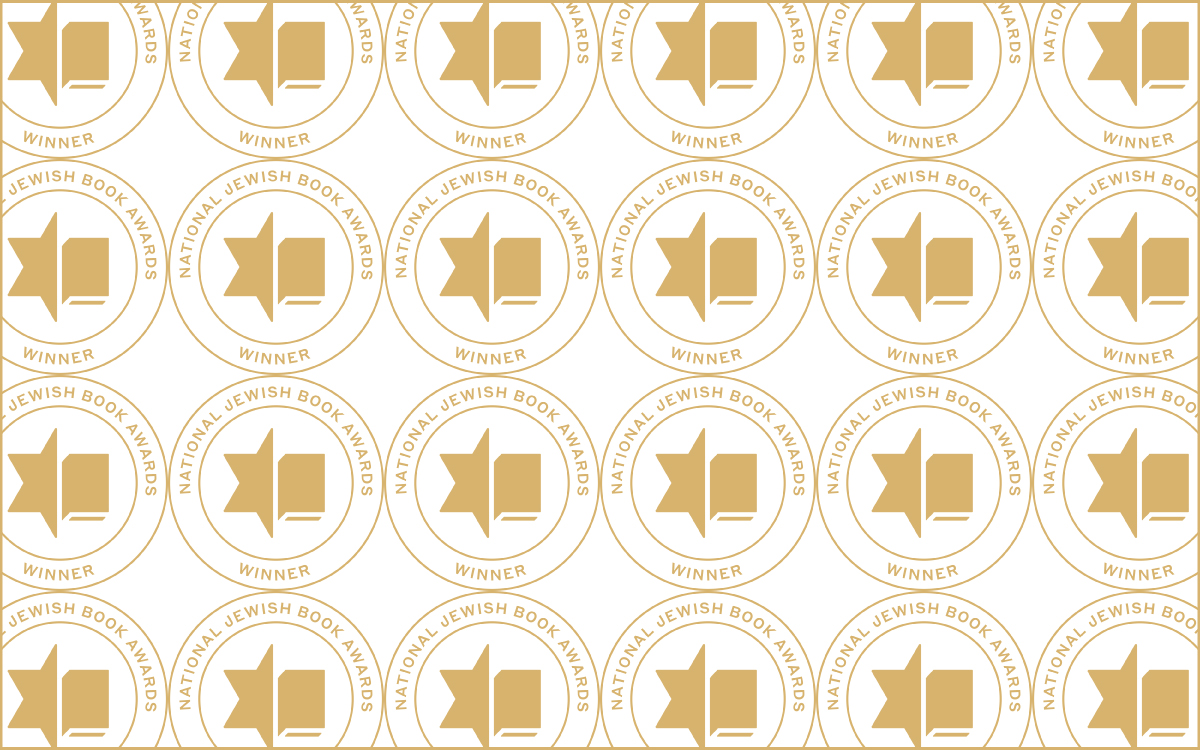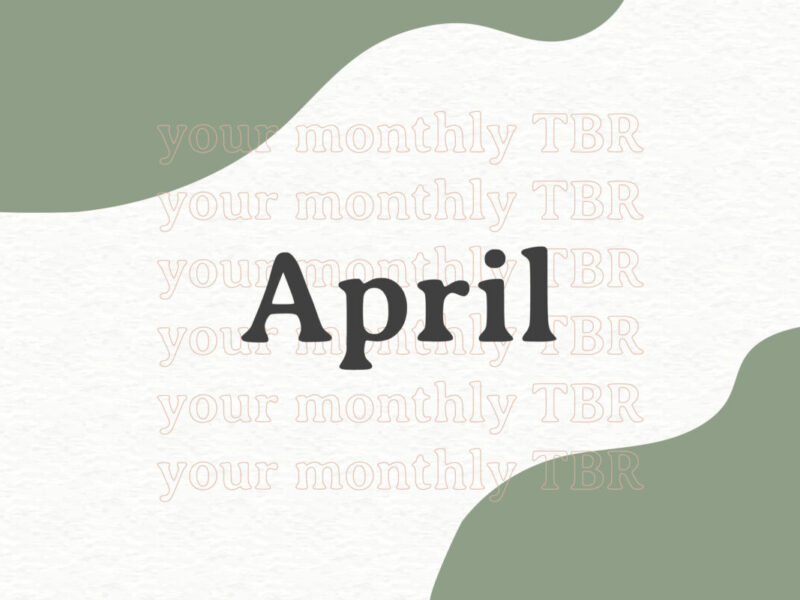4 Poetry Titles Honored in the 2020 National Jewish Book Awards
Content warning: Some of the books honored in the National Jewish Book Awards contain themes of suicide and trauma. This is briefly noted in the article.
Judaism and poetry have long possessed a special connection. The faith system is known for its deep sense of ritual, culture, and history, providing ample inspiration for writers. The intersection of Judaism and literature has often been a panel topic at the Association of Writers & Writing Programs (AWP) Conference & Bookfair, a leading literary event, and has also inspired countless writing workshops, university classes, and manuscripts.
The National Jewish Book Awards, established in 1950, aim to pay tribute to this storied heritage. Each year, the committee names a winner in every genre, as well as several runners-up. Past winners in poetry include iconic names like Erika Meitner, Alicia Ostriker, and Edward Hirsch. This year, these four titles were named the most notable. Read them to be amazed by the enduring beauty and resilience of Jewish themes.
Nautilus and Bone by Lisa Richter
This impressive collection, named the winner in the award’s poetry category, showcases one history-making Jewish woman poet paying tribute to another. Richter, who has authored three books, writes the story of Anna Margolin, a Russian-Jewish American poet, in stunning, often surreal verse.
Journals and textbooks note that Margolin, a poet translated by Adrienne Rich and regarded by scholars as one of the best 20th-century poets, often felt she “squandered” her life. In Nautilus and Bone, Richter disproves this by honoring the poet’s legacy and lineage—yet she also makes space for the intricacies of regret and loneliness, alongside relentless passion. The result is partly biographical and partly an evocative conversation between two Jewish women poets across centuries and countries.
How to Love the World by Elvira Basevich
How to Love the World marks another book on this list that takes its inspiration from a trailblazing Jewish woman and immigrant. In this case, it’s the author’s mother. Elvira Basevich imagines the feelings and thoughts of her refugee mother as she retraces the woman’s journey.
The runner-up title—written in the form of a sprawling and emotional epic poem—contextualizes this odyssey in terms of nationalism, feminism, and overall humanity, strikingly questioning who gets to call a country home. The book’s thoughtful, fascinating grasp of many nuanced intersections hint at Basevich’s passion for philosophy (she teaches in the philosophy department at the University of Massachusetts), as well as her complicated yet fiercely loving appreciation for mother-daughter relationships.
Asylum: A personal, historical, natural inquiry in 103 lyric sections by Jill Bialosky
Jill Bialosky, who has authored five books of poetry and been honored by the Poetry Society of America for her contributions to the genre, builds on her trademark intensity and need to discover in her latest collection. In this runner-up for the National Jewish Book Award in poetry, Bialosky weaves together several stories that juxtapose beauty and horror: that of her sister’s suicide, her call to writing, World War II, the monarch butterfly, and the nearby woods in which she seeks refuge.
In creating these various and intricate parallels, Bialosky considers both humanity and nature, drawing on wisdom from both the cycle of life and the impact of violence. The result is a breathtaking example of writing through grief and the process’s honest, unflinching outcome.
Seder by Adam Kammerling
Former UK slam poetry champion Adam Kammerling translates the energy, expressiveness, and lyricism of slam into his first collection, Seder. This runner-up title won praise from Ilya Kaminsky, the award-winning author of Deaf Republic. Kaminsky writes that Seder is a collection where “silences say as much as words do,” a collection that “refuses to leave us.”
Seder explores the concept of generational trauma, heritage, and family history. The book takes the reader through decades, making it expansive and powerful in its scope.
Check out more winners from the 2020 National Jewish Book Awards.




